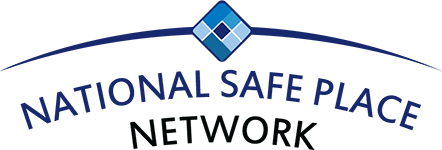Written by: Katie Carter, Director of Research, Education & Public Policy, National Safe Place Network
When was the last time you discussed ethics with someone?
Chances are it’s been a while, if you’ve had the conversation at all. Ethical discussions can be challenging. They can bring up memories of previous situations where we maybe did not act or respond to a situation ethically. They may force us to confront friends or colleagues about their unethical behavior. They may result in uncomfortable conversations.
Professional ethics, while sometimes challenging, are also integral to the work we do as professional child and youth care workers. Whether working as a counselor, program director, street outreach workers, shelter staff, or executive (and everything in-between), knowing the professional code of ethics that guide this work helps professionalize the child and youth care field. Ethics are not law and regulations, agency policies, or personal values. Someone’s values may clash with the code of ethics, leading to the previously mentioned uncomfortable conversations.
Many different professional codes of ethics exist. National Safe Place Network recognizes the Standards for Practice of North American Child and Youth Care Professionals as a model for child and youth care professionals.
This code of ethics provides a framework for the child and youth care field and can help guide the thinking and actions of professionals. Find out additional information and view the complete code of ethics here: https://nspn.memberclicks.net/assets/docs/NSPN/child%20%20youth%20care%20ethics.pdf
If you haven’t thought about ethics in a while, now is a great time to review the code and have some conversations with your colleagues about “doing” ethics.
For more information about becoming a certified child and youth care professional, check out this information about training and certification: http://www.nspnetwork.org/child-youth-care-certification




